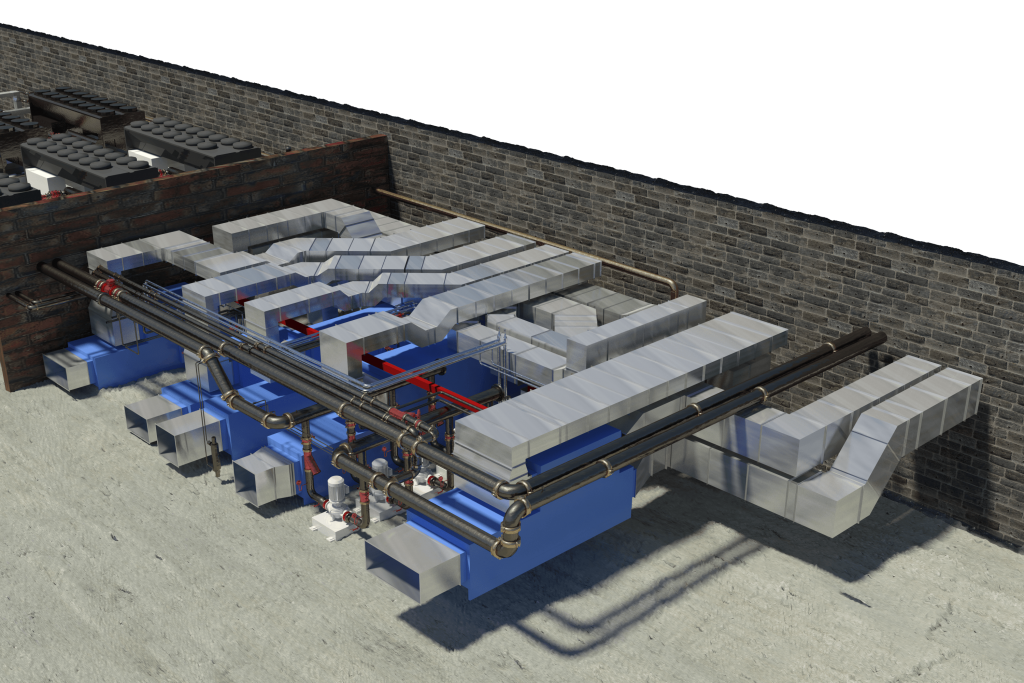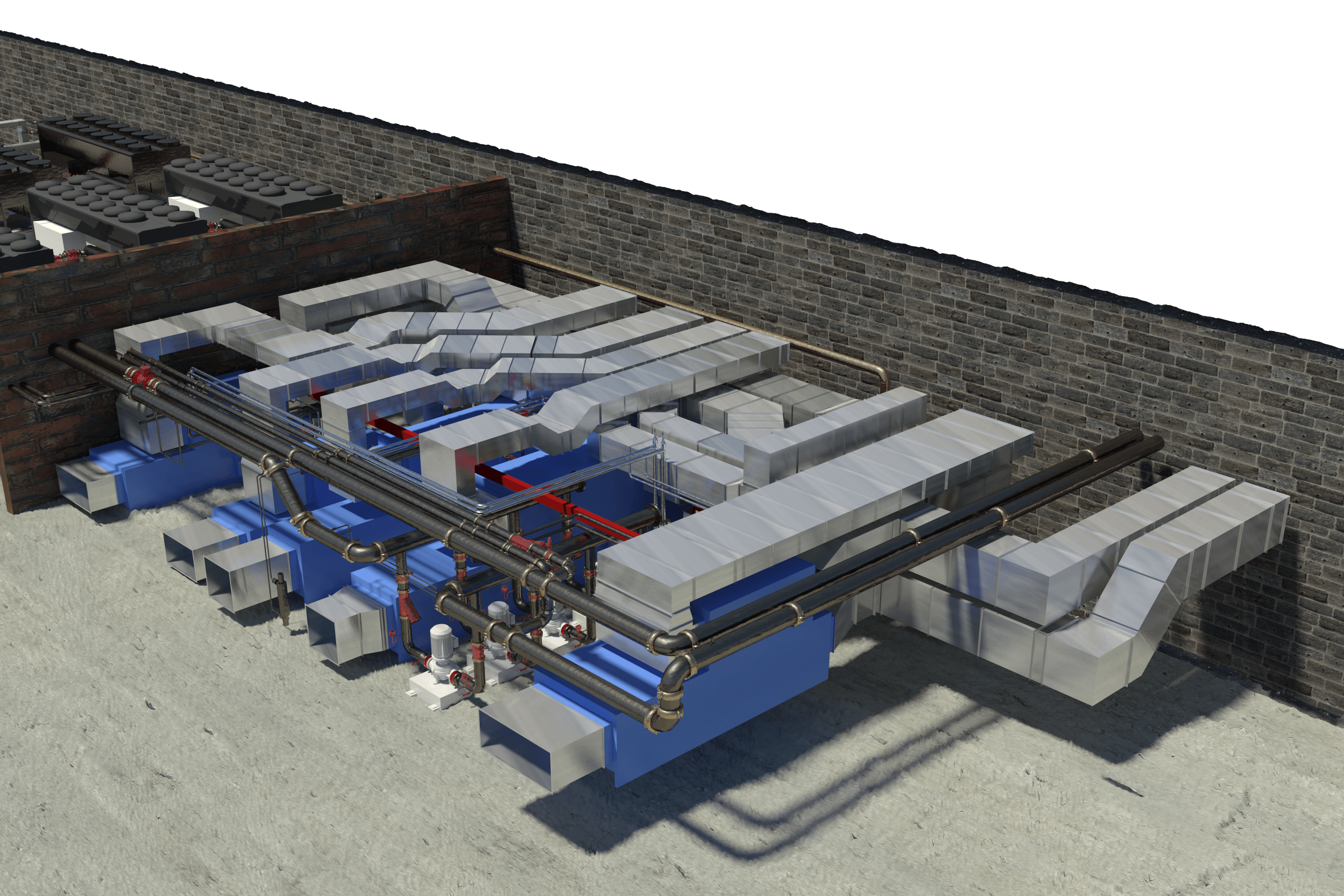What is a BIM Consultant’s role?
With BIM (Building Information Modelling) being mandated for use in all centrally procured public sector projects (requiring implementation of BIM at Level 2) from next month (April 2016) in the UK, the spotlight is on design and construction firms to get BIM right. The industry has known about this requirement for the last four years, and the majority of large firms have begun to embrace BIM and understand the benefits of this collaborative working and data management process.
Although the requirement to incorporate BIM into construction projects is currently only for public sector buildings, the private sector is increasingly hot on using BIM, and as a result, BIM Consultants are in high demand to work on projects of all sizes. The private sector is creating a demand for BIM support services which was perhaps not entirely anticipated by the industry. As a result, existing and established BIM Consultants and BIM companies are much sought after.
But, what does a BIM Consultant do and why do we need one?
A BIM Consultant is there to coordinate and manage the BIM process, to inform and guide project designers, the developer and the construction firm in the implementation of BIM and to facilitate collaborative working between all parties.
Typically, there are three different stages of work on a project for a BIM Consultant; their work is generally guided by the BIM process which ensures that everyone involved in the project is following the same work route. The three stages for a BIM Consultant are –
- The Strategic BIM Consultant creates BIM strategies that are target based and achievable in the medium to long term of the project.
- The Functional BIM Consultant creates action plans and agrees on a set workflow following these BIM strategies
- The Operational BIM Consultant manages the process of implementation.
A BIM Consultant rarely works alone; they should have a project team to work with, consisting of designers, engineers, developers and BIM support staff who can assist in managing and implementing the process. On a large project, BIM constitutes a seriously large piece of work and is integral to the success of the project.
Employing a BIM Consultant is not only the fashionable thing to do but if you want to ensure the long-term success of your project, alongside a more informed management of the building during its lifecycle, then implementing BIM with the help of a BIM Consultant is the right thing to do.
Regardless of whether your project is public sector or private, the benefits of BIM speak for themselves. Getting a BIM Consultant involved right from the very start of the project can help to guarantee the success of your project as well as offering greater value for money for the project as a whole.
If you’re looking for a BIM company in Dubai or for more information about BIM, finding a BIM Consultant or BIM Coordinator, visit The CAD Room website at https://www.thecadroom.com/ or phone 0161 427 0348.

